The sands of Egypt continue to whisper their ancient secrets, and each year, archaeologists from around the world gather to uncover the mysteries buried beneath them. For those with a passion for history and adventure, the Egypt Archaeological Work Holiday Program offers a rare opportunity to participate in these groundbreaking excavations. The volunteer selection process is rigorous, designed to ensure that only the most dedicated and capable individuals join the teams working on these precious sites.
Understanding the Program's Core Requirements
The Egypt Archaeological Work Holiday Program is not for the faint of heart. Volunteers are expected to endure long hours under the harsh Egyptian sun, often in remote locations with limited amenities. Physical stamina is a non-negotiable requirement, as the work involves digging, sifting through sand, and handling heavy artifacts. Beyond physical fitness, candidates must demonstrate a genuine interest in archaeology or related fields. While formal education in archaeology is not always mandatory, a background in history, anthropology, or conservation can significantly strengthen an application.
Language proficiency plays a crucial role in the selection process. English is the primary language of communication on most international digs, but a working knowledge of Arabic can be a valuable asset. Teams often include local workers and experts, and the ability to communicate effectively with them can enhance both the volunteer's experience and the overall productivity of the excavation. Cultural sensitivity is equally important, as volunteers must respect local customs and traditions while working closely with Egyptian colleagues.
The Application Process: More Than Just Paperwork
Applying for the program involves more than simply filling out forms. Candidates must submit a detailed application that includes a personal statement, letters of recommendation, and, in some cases, a portfolio of relevant experience. The personal statement is particularly critical, as it allows applicants to convey their passion for archaeology and their reasons for wanting to participate in the program. Selection committees look for individuals who can articulate a clear connection between their personal or professional goals and the work being done in Egypt.
Letters of recommendation should come from academic or professional references who can speak to the applicant's work ethic, adaptability, and ability to work in a team. For those without prior archaeological experience, references from supervisors or mentors in related fields can help demonstrate transferable skills. The selection committee also considers an applicant's ability to handle the challenges of living and working in a foreign country, often under less-than-ideal conditions.
On-Site Assessments and Interviews
Shortlisted candidates may be invited for interviews, either in person or via video call. These interviews delve deeper into the applicant's motivations, expectations, and preparedness for the realities of archaeological fieldwork. Interviewers often pose hypothetical scenarios to assess problem-solving skills and cultural adaptability. Some programs also require practical assessments, such as basic artifact handling or documentation tasks, to evaluate hands-on abilities.
For those applying to specialized roles, such as conservation or digital documentation, additional technical evaluations may be required. Conservation volunteers, for example, might need to demonstrate knowledge of preservation techniques or materials science. Similarly, those applying for roles involving 3D modeling or photogrammetry may be asked to showcase previous work or complete a technical test.
Pre-Departure Preparation and Training
Successful applicants undergo a comprehensive pre-departure orientation that covers everything from site safety protocols to cultural etiquette. This training is essential, as it prepares volunteers for the unique challenges they will face in the field. Topics often include proper excavation techniques, artifact handling procedures, and emergency response plans. Volunteers also receive guidance on health precautions, such as staying hydrated in the desert heat and recognizing symptoms of heat-related illnesses.
The orientation also addresses the ethical dimensions of archaeological work. Volunteers learn about the importance of preserving context when uncovering artifacts and the ethical responsibilities involved in handling cultural heritage. Many programs emphasize the principle of "leave no trace," ensuring that volunteers understand how to minimize their impact on both the archaeological record and the surrounding environment.
Life in the Field: What Selected Volunteers Can Expect
Once on site, volunteers typically work six days a week, with days starting before sunrise to avoid the worst of the midday heat. Tasks vary depending on the excavation's current phase but may include digging, sieving, cleaning finds, or documenting discoveries. Evenings are often spent processing the day's findings, with volunteers assisting in cataloging artifacts or entering data. Despite the demanding schedule, most volunteers find the work incredibly rewarding, as they contribute directly to expanding our understanding of ancient civilizations.
Living conditions are basic but foster a strong sense of camaraderie among team members. Volunteers usually share accommodations in nearby field houses or temporary camps, with meals prepared by local staff. Evenings might include informal lectures by the excavation directors or guest archaeologists, providing valuable insights into the historical significance of the site. These gatherings also offer opportunities for volunteers to ask questions and engage in discussions about ongoing discoveries.
The Long-Term Impact of Participation
Being selected for the Egypt Archaeological Work Holiday Program can be transformative, both personally and professionally. Many volunteers return home with a deeper appreciation for cultural heritage preservation and some even go on to pursue careers in archaeology. The experience provides unparalleled hands-on training that can't be replicated in a classroom setting. Participants often describe the program as a perfect blend of hard work, intellectual stimulation, and cultural immersion.
For the archaeological community, these volunteer programs serve a dual purpose. They provide much-needed assistance on digs while fostering international interest in Egypt's cultural heritage. The careful selection process ensures that each volunteer contributes meaningfully to the excavation's goals while respecting the delicate nature of the work. As Egypt continues to reveal its ancient secrets, these dedicated volunteers play a crucial role in uncovering and preserving history for future generations.

By Jessica Lee/Apr 7, 2025
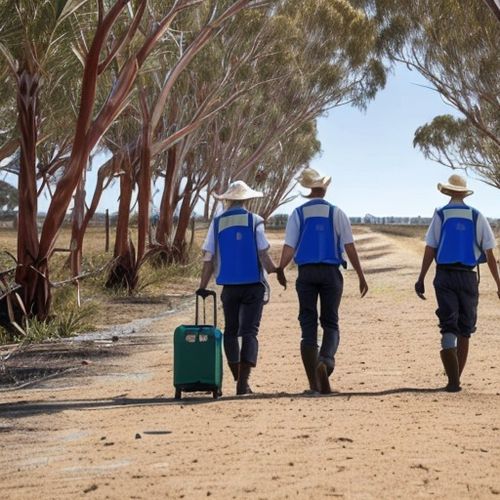
By Emily Johnson/Apr 7, 2025

By Jessica Lee/Apr 7, 2025

By Joshua Howard/Apr 7, 2025

By Amanda Phillips/Apr 7, 2025
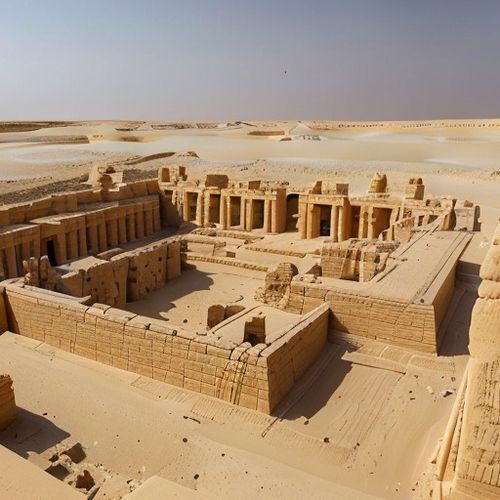
By Sophia Lewis/Apr 7, 2025
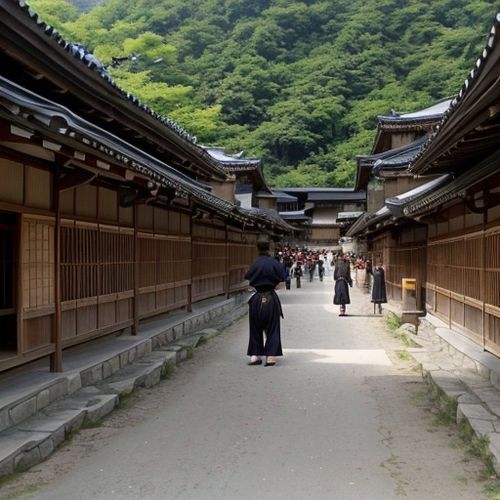
By Samuel Cooper/Apr 7, 2025

By Michael Brown/Apr 7, 2025

By Elizabeth Taylor/Apr 7, 2025
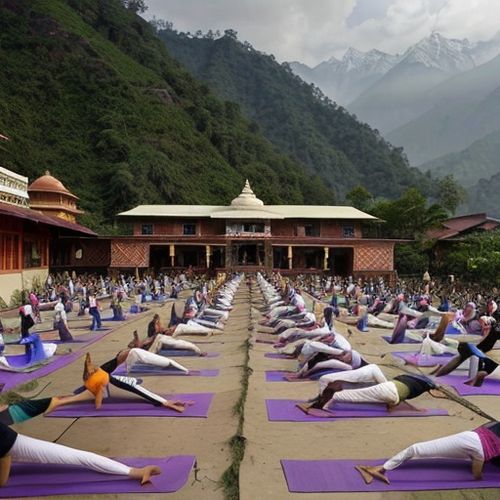
By Sarah Davis/Apr 7, 2025
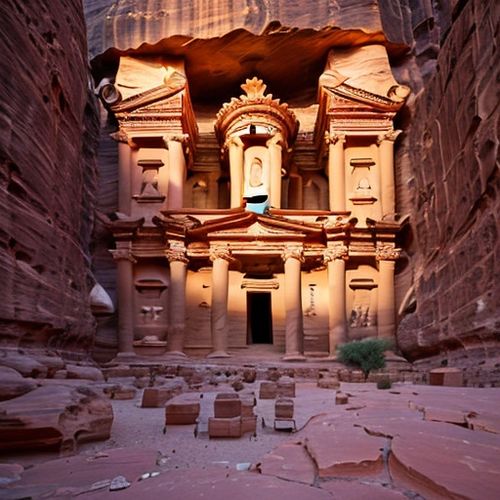
By Daniel Scott/Apr 7, 2025
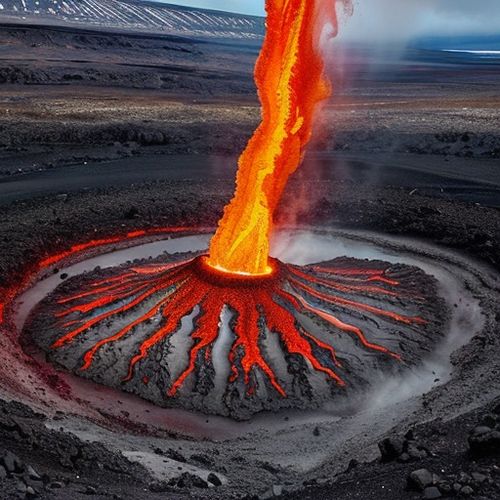
By Grace Cox/Apr 7, 2025

By Grace Cox/Apr 7, 2025
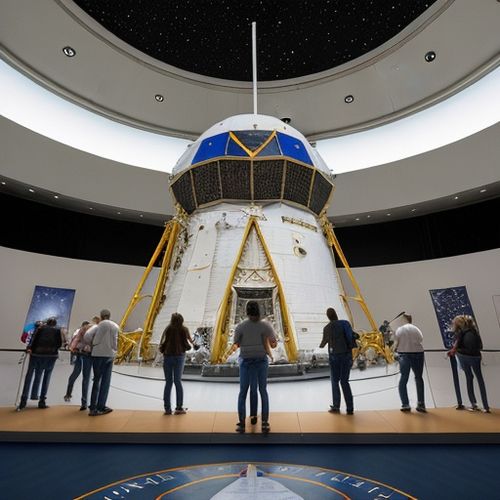
By Ryan Martin/Apr 7, 2025

By Christopher Harris/Apr 7, 2025
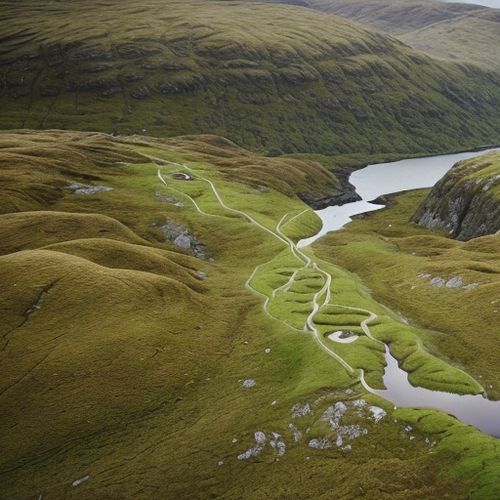
By Lily Simpson/Apr 7, 2025
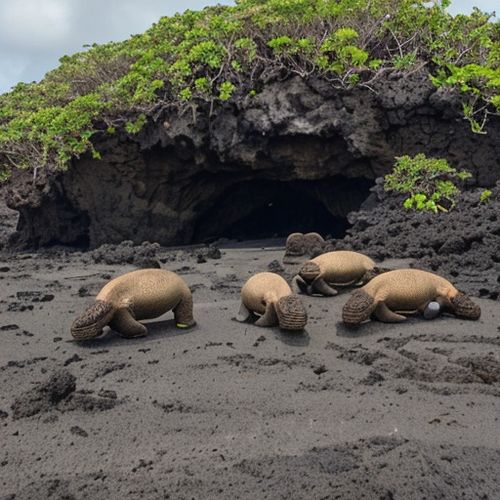
By Elizabeth Taylor/Apr 7, 2025
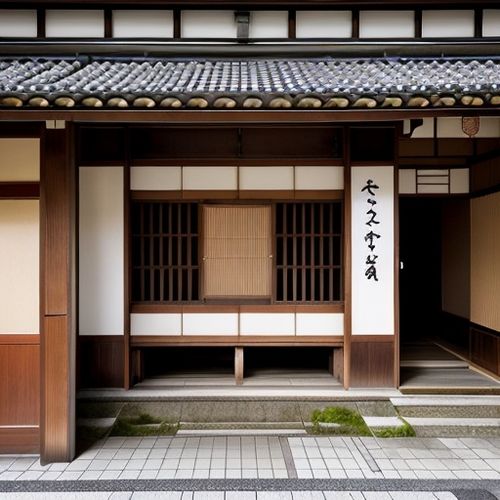
By Christopher Harris/Apr 7, 2025
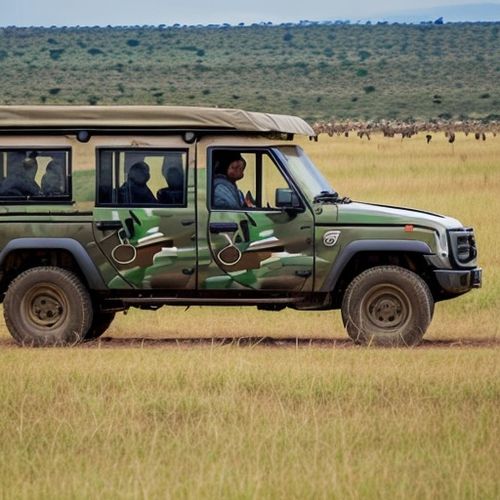
By Noah Bell/Apr 7, 2025

By Thomas Roberts/Apr 7, 2025